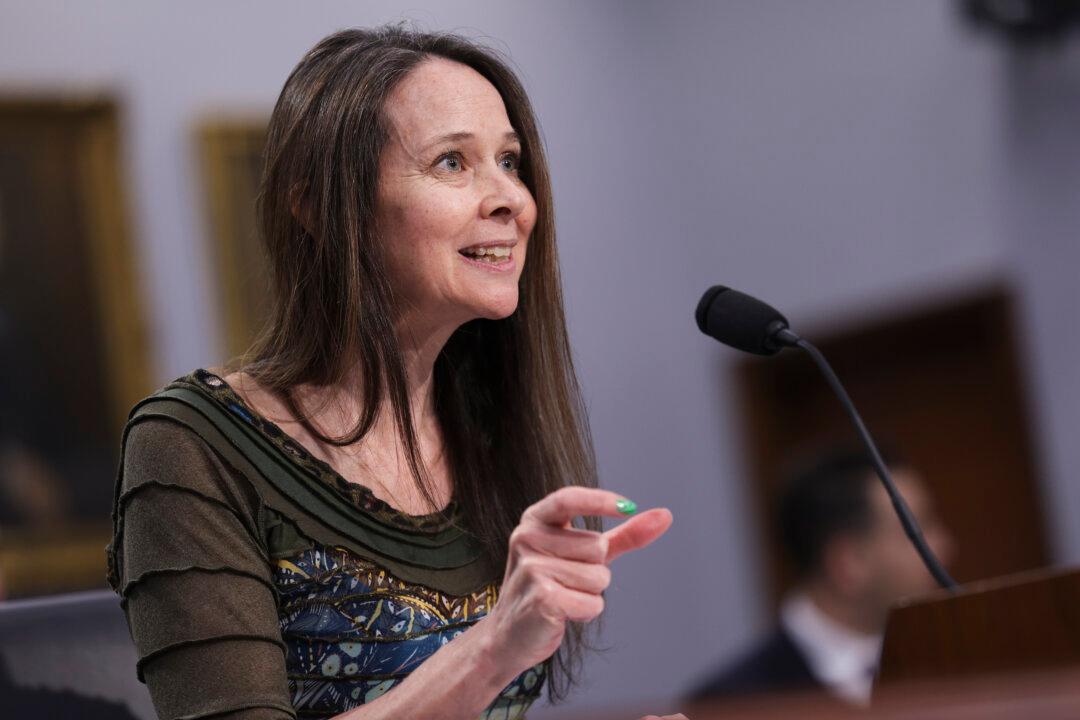U.S. cybersecurity chief Jen Easterly said the Cybersecurity and Infrastructure Security Agency (CISA) does “not censor information,” and voters should expect “normal” errors and glitches, such as burst water pipes, during the midterm elections next week.
A week out from the U.S. midterm elections, Easterly, a Biden appointee, has talked about CISA’s role in securing election infrastructure and the risk vector of disinformation and misinformation.





